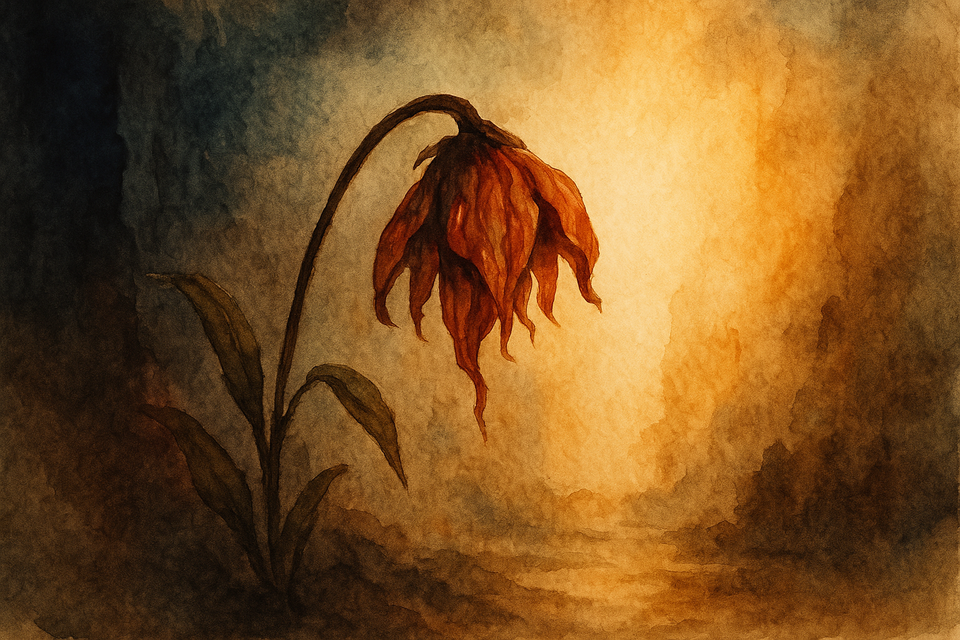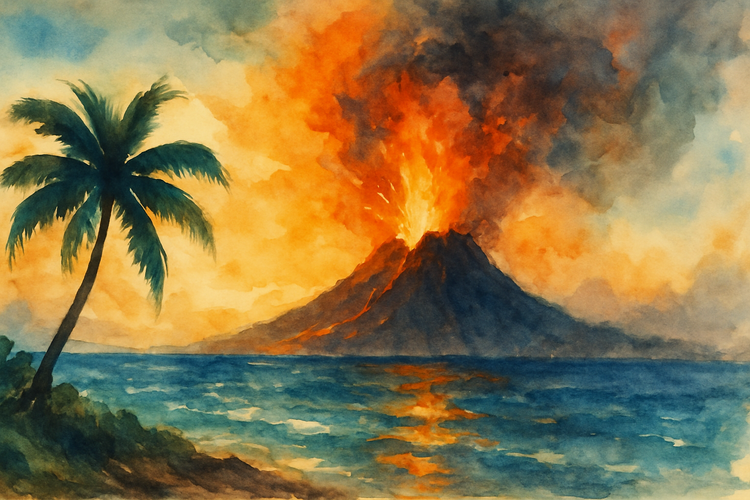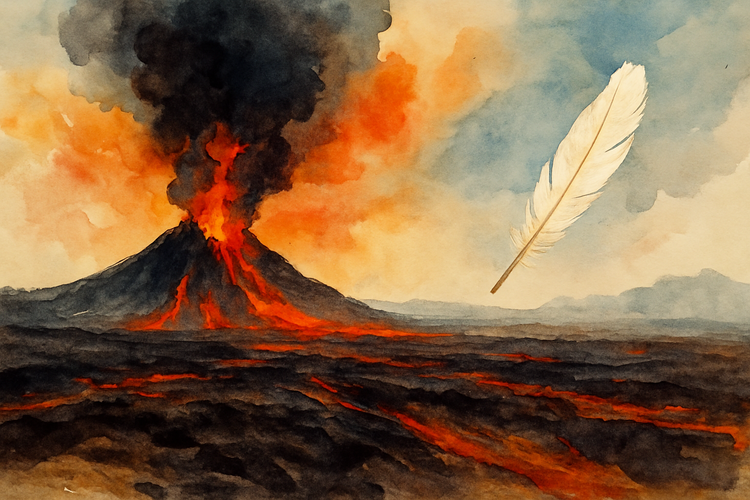Chief of War S1E4 "City of Flowers, Part II"

Spoiler Warning: This reflection reveals events from the fourth episode of Chief of War.
Prophecy and Power in Motion
The episode opens with a tremor that shakes every island: the King of Hawai‘i is dead. On O‘ahu, the news ignites Maui’s ambitions, and Kahekili quickly seizes on the prophecy he clings to like armor. His vision of wiping out every rival bloodline grows more insistent, more myopic, even as voices around him risk the danger of speaking truth. That moment — a man daring to question Kahekili — crystallizes the peril of confronting power that mistakes prophecy for destiny. Here the episode establishes its central tension: in the void left by gods and kings, men are left to wield both fear and ambition as weapons.
Kaʻahumanu’s Quiet Defiance
From there, the focus narrows to Kaʻahumanu, who has been avoiding her lessons. John Young seeks her out, and their quiet exchange touches on the position of women across the world. What he offers is not a revelation but a confirmation: the limits she feels pressing against her in Hawai‘i are mirrored everywhere. For Kaʻahumanu, this truth is not comforting but saddening, a recognition that her struggle for voice and choice is not exceptional but universal. Even so, she refuses to retreat into silence. Ignoring her father’s will, she goes to Kamehameha, inserting herself into the kingdom’s fate with quiet but unmistakable agency.
Bonds Tested in Absence
While Kaʻahumanu asserts her presence in the political realm, a quieter but no less charged drama unfolds within Kaʻiana’s family. With Kaʻiana presumed dead abroad, his brother Namake turns to Kupuohi, his wife. Their exchanges are shaded by mourning and loneliness, as both reach for connection in the void his absence has left. At first she resists, offering only her necklace in lieu of commitment. But by episode’s end, that hesitation yields to a kiss — not an act of scandal, but of sorrow, the kind of choice born from despair that will surely haunt them when Kaʻiana’s fate is revealed.
Kaʻiana Abroad — Loyalty Amidst Corruption
Far from the islands, Kaʻiana navigates the chaos of the East Indies. He bargains with Vai for guns, his eye already wary of the compromises that come with foreign dealings, and stumbles upon the horror of a slave compound. The sight appalls him, a stark reminder of what empire truly exports. His outrage nearly costs him his life when slavers open fire, but it steels his resolve as well. Threaded through this descent into opium dens and portside violence is Kaʻiana’s unshaken loyalty: he endures the danger not for power or plunder, but to find Tony, who lies broken in the shadows. Even abroad, surrounded by exploitation, Kaʻiana defines himself by rescue, by bonds kept rather than betrayed.
Kamehameha and the Silence of the Gods
Back in Hawai‘i, Kamehameha stands at a crossroads. He has been named the God of War, yet the god himself offers only silence. Keōua, meanwhile, styles himself as the king of government, demanding sovereignty and striking out when that authority is questioned. Between them lies the question of what kind of ruler Hawai‘i will have: one ordained by prophecy, or one who claims the mantle by force of will. Into this uncertainty steps Kaʻahumanu, slipping past her father to counsel Kamehameha directly. Her advice is simple yet profound: he must choose with wisdom, not merely power. And so Kamehameha does what the gods will not — he claims the burden of decision, shaping destiny by human hand rather than divine decree.
Closing Movements — Returns and Reckonings
The episode resolves in echoes of return and consequence. Kaʻiana, bloodied but resolute, frees the captives and finds Tony, their bond intact even in ruin. With Tony at his side, he turns homeward, unaware of the choices unraveling in his absence. On Hawai‘i, Namake and Kupuohi’s kiss lingers like an unanswered prayer, a mistake born of mourning that will not fade easily once Kaʻiana steps ashore. And over it all, Kamehameha claims the mantle of defense, accepting that whether the threat comes from Keōua or from beyond the horizon, he must act without divine instruction. The gods are silent, the world shifting — and it is men and women alike, flawed and searching, who must decide what shape Hawai‘i will take.
Conclusion — Choosing in Silence
City of Flowers, Part II lingers on the uneasy truth that destiny is never handed down whole; it is carved out of silence, betrayal, and hard counsel. Kamehameha’s resolve in the absence of divine voice, Kaʻiana’s loyalty amidst the corruption of empire, Kaʻahumanu’s insistence on her agency, and Namake and Kupuohi’s mistake born of grief all circle the same truth: human beings must choose, even when every path is marked by loss. In this way, the episode expands the story’s scope without losing sight of its heart, showing Hawai‘i at the cusp of transformation, its fate carried not by prophecy alone but by the fragile, fallible hands of those who dare to act.



Comments ()